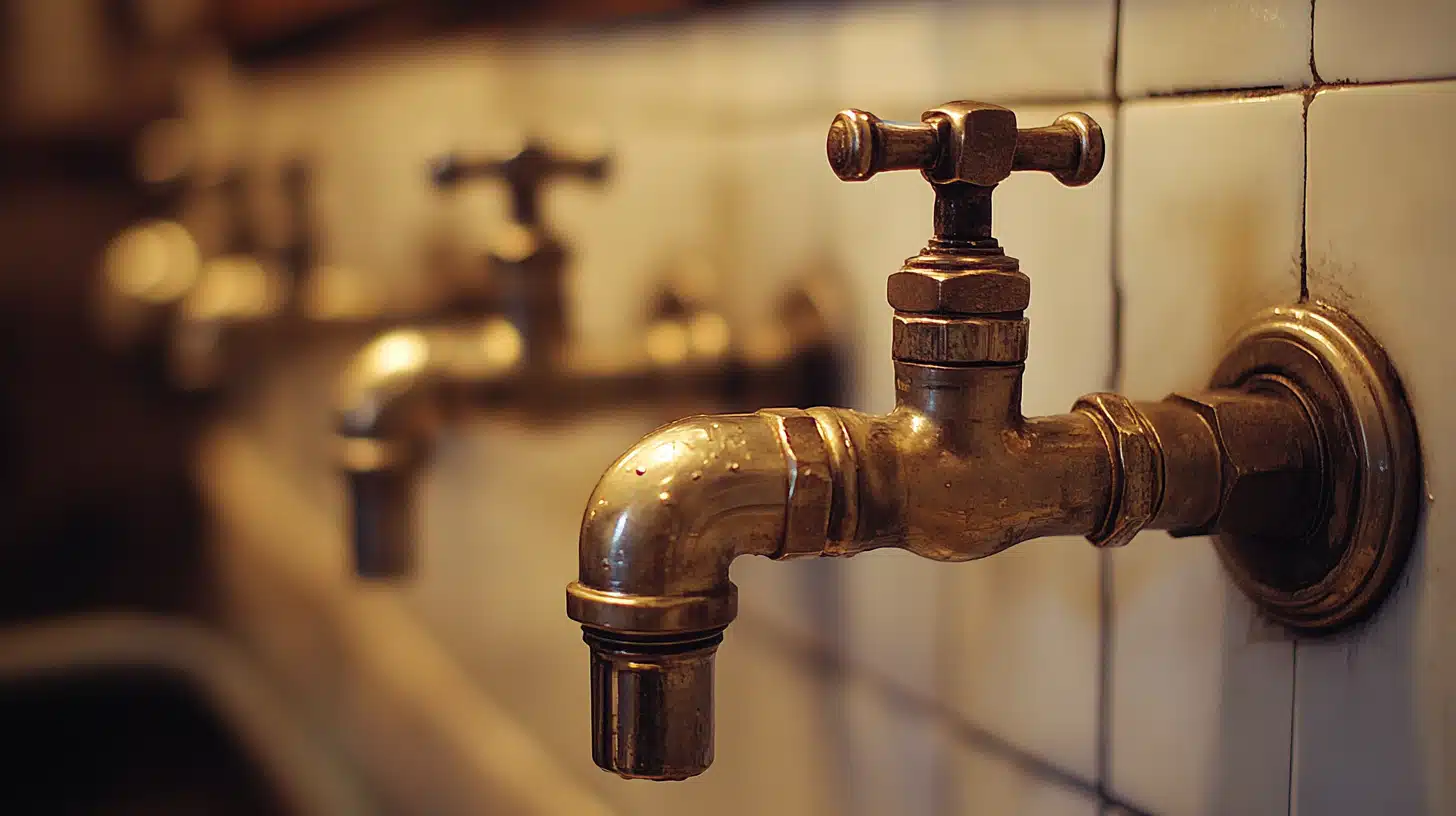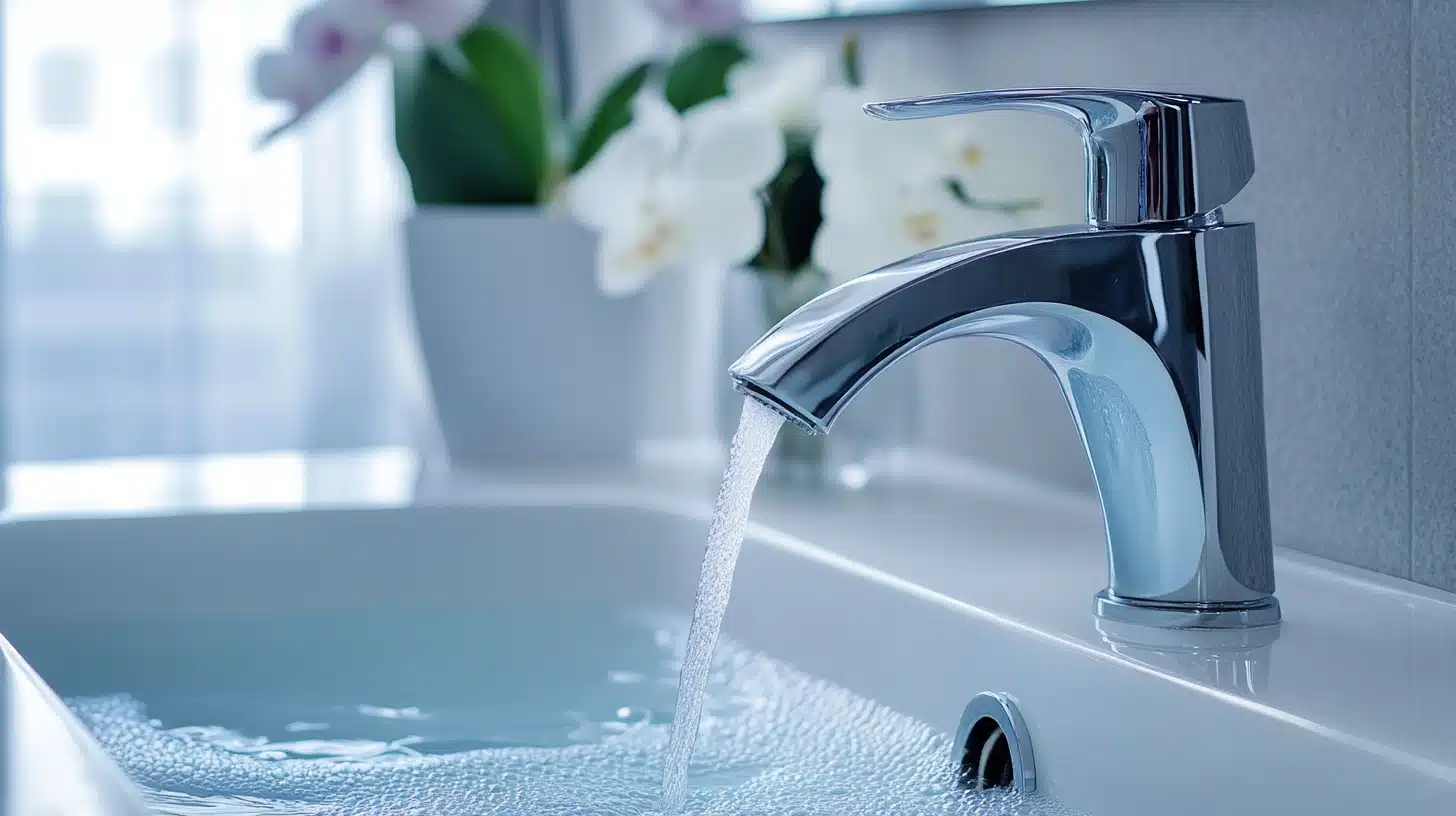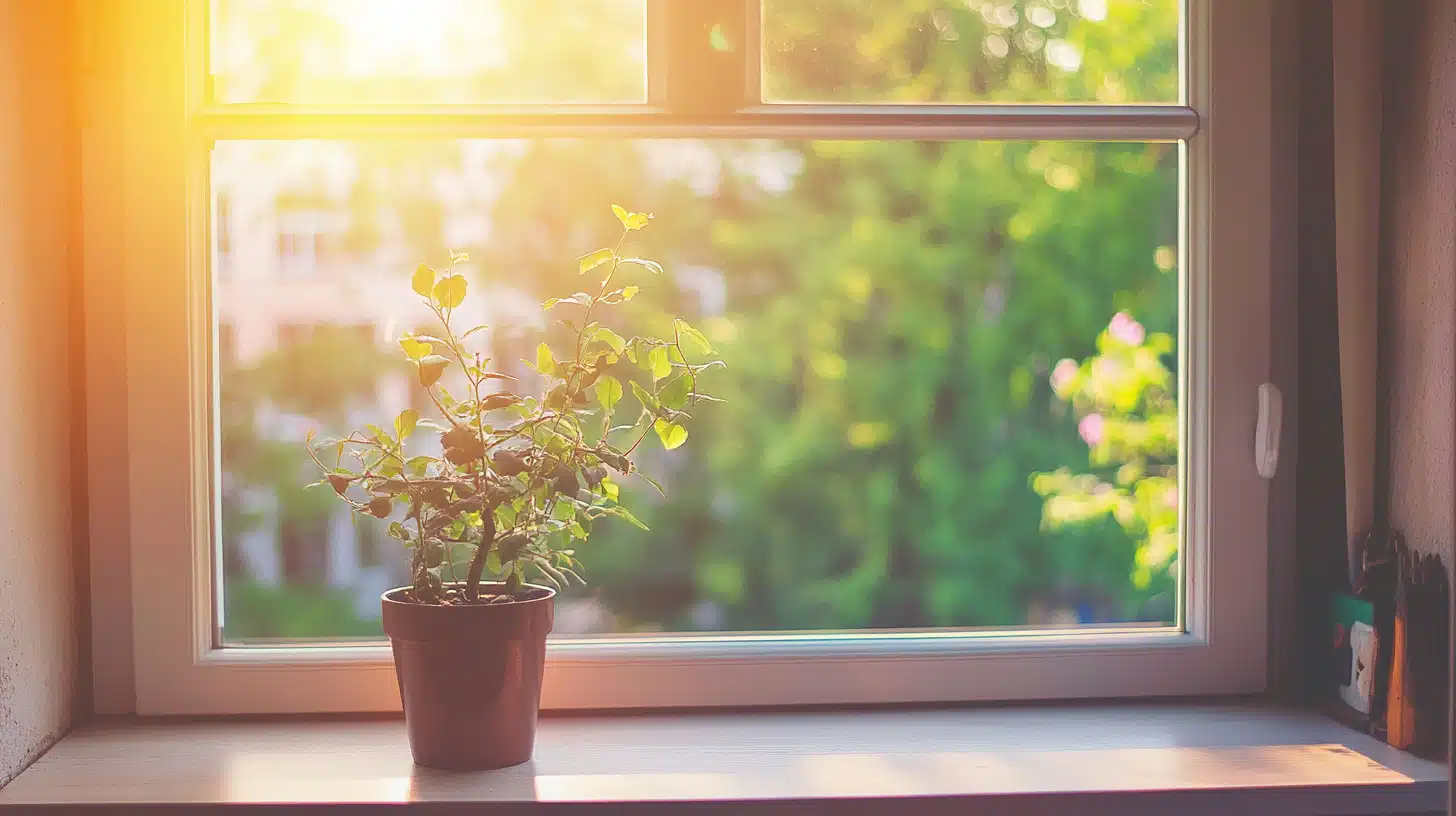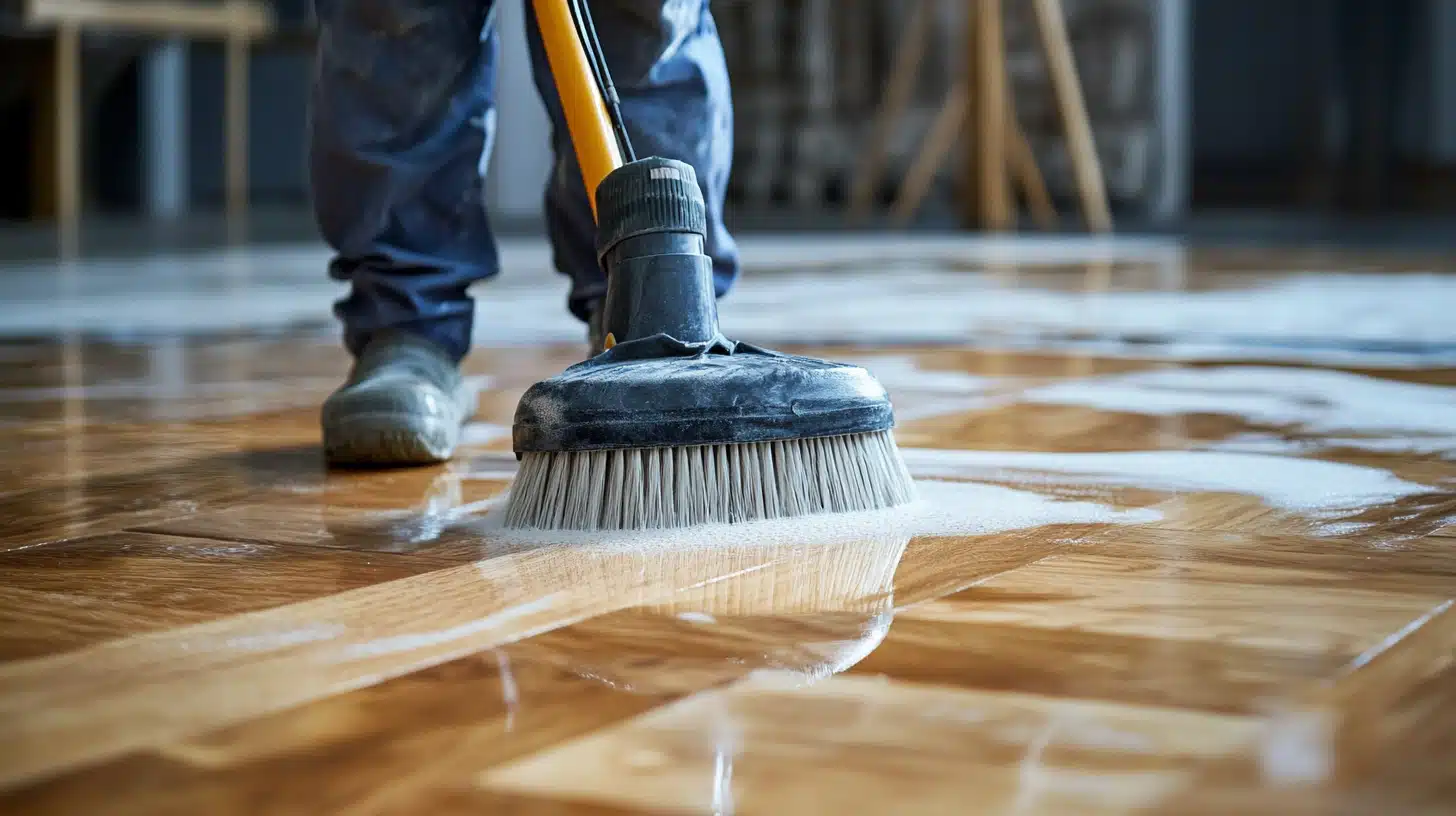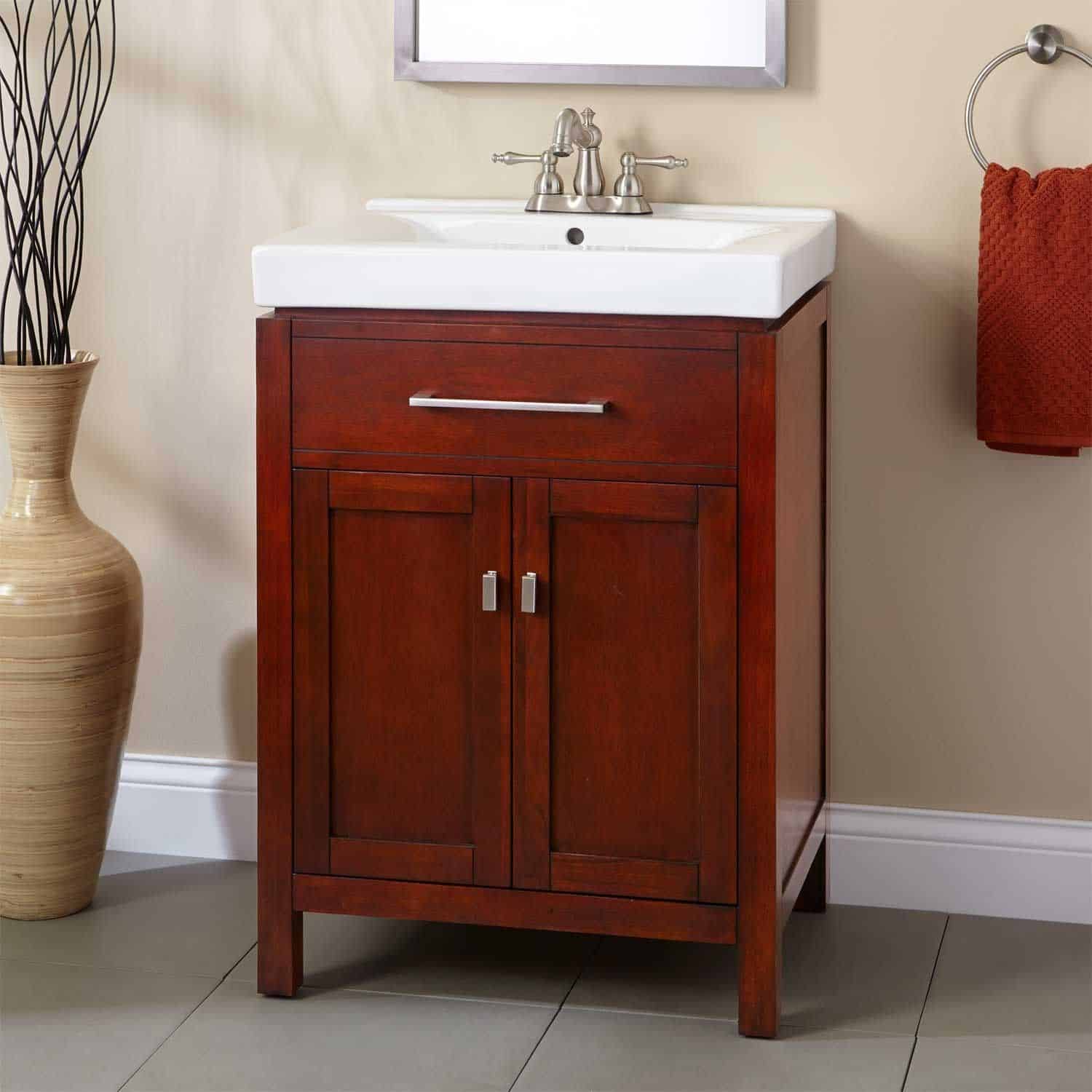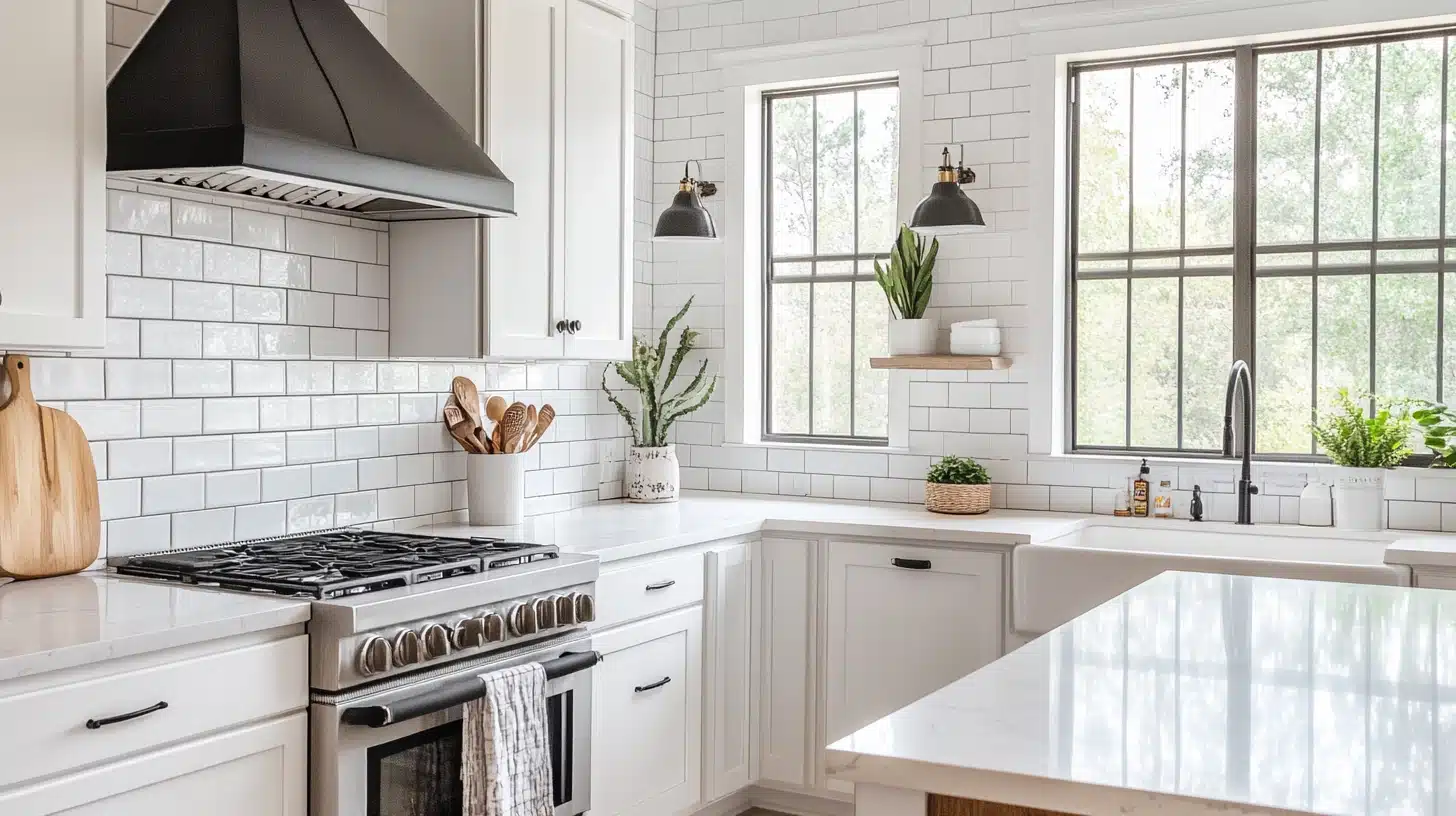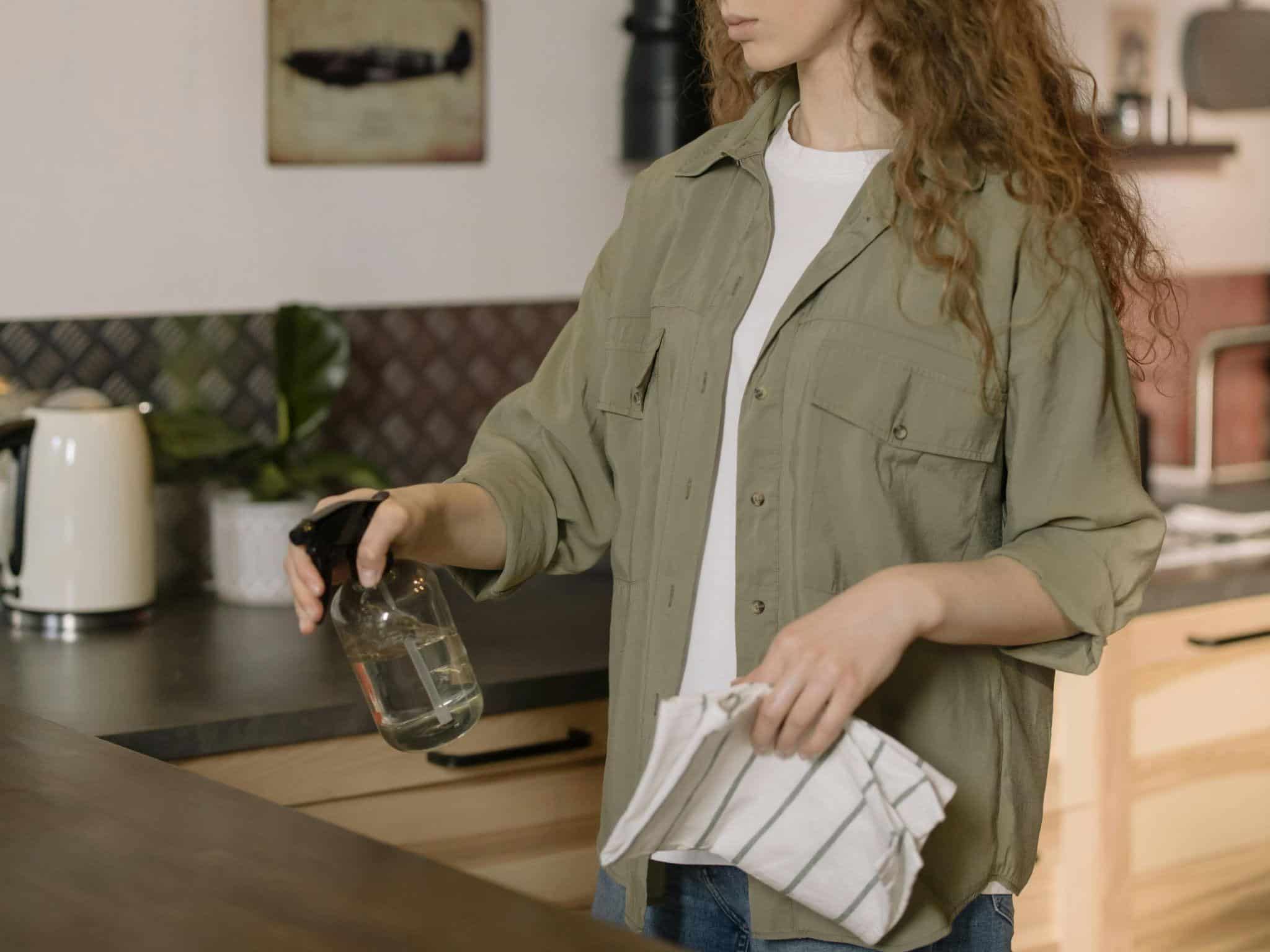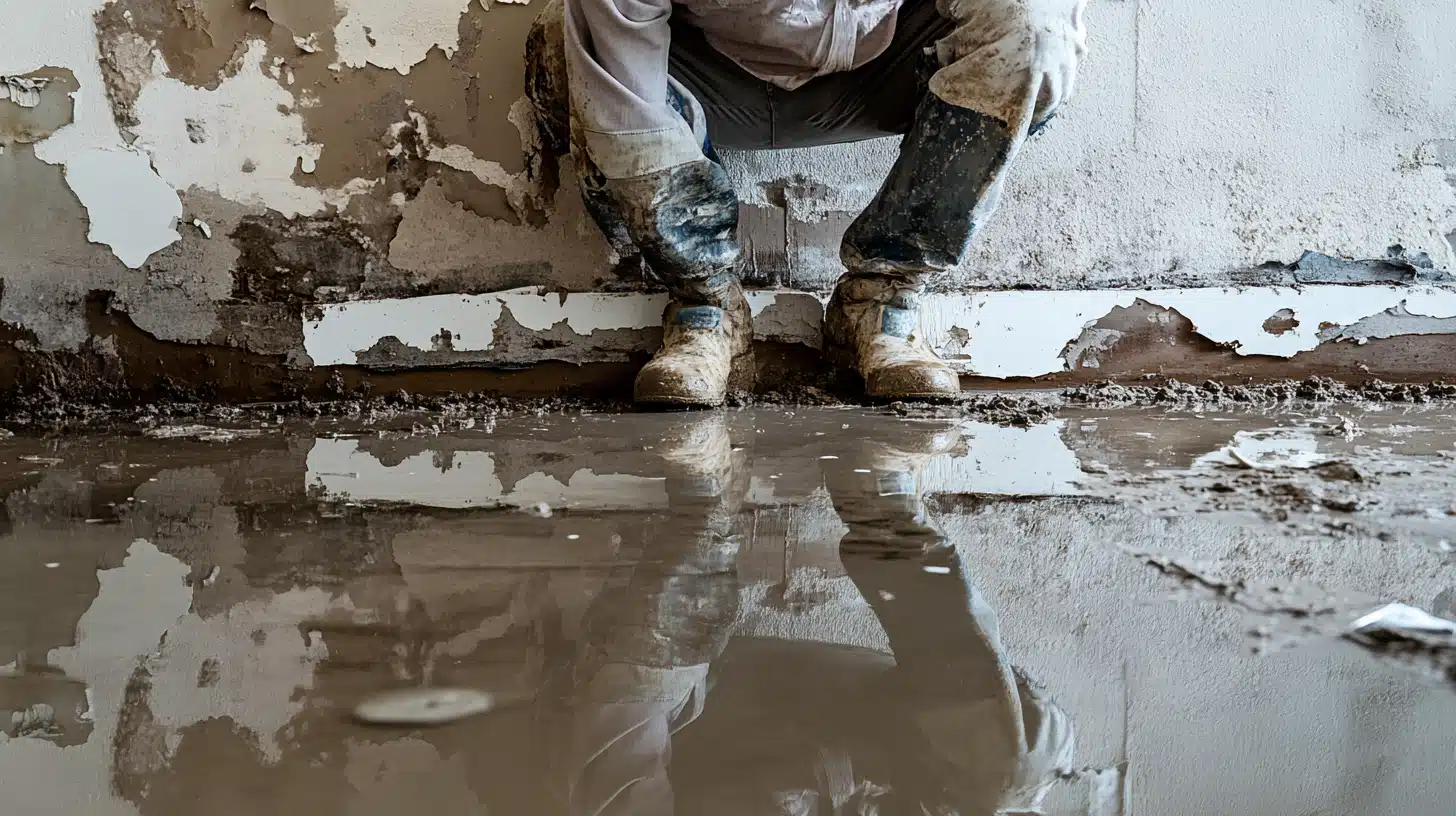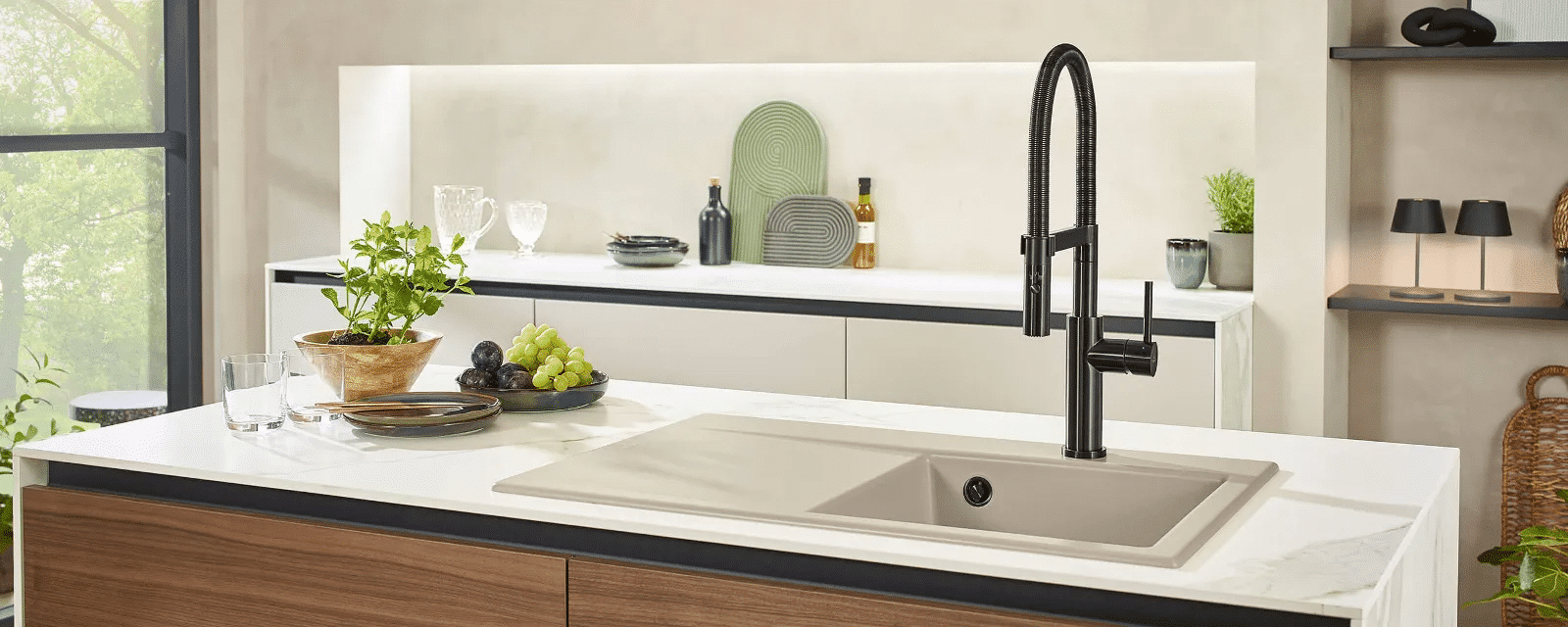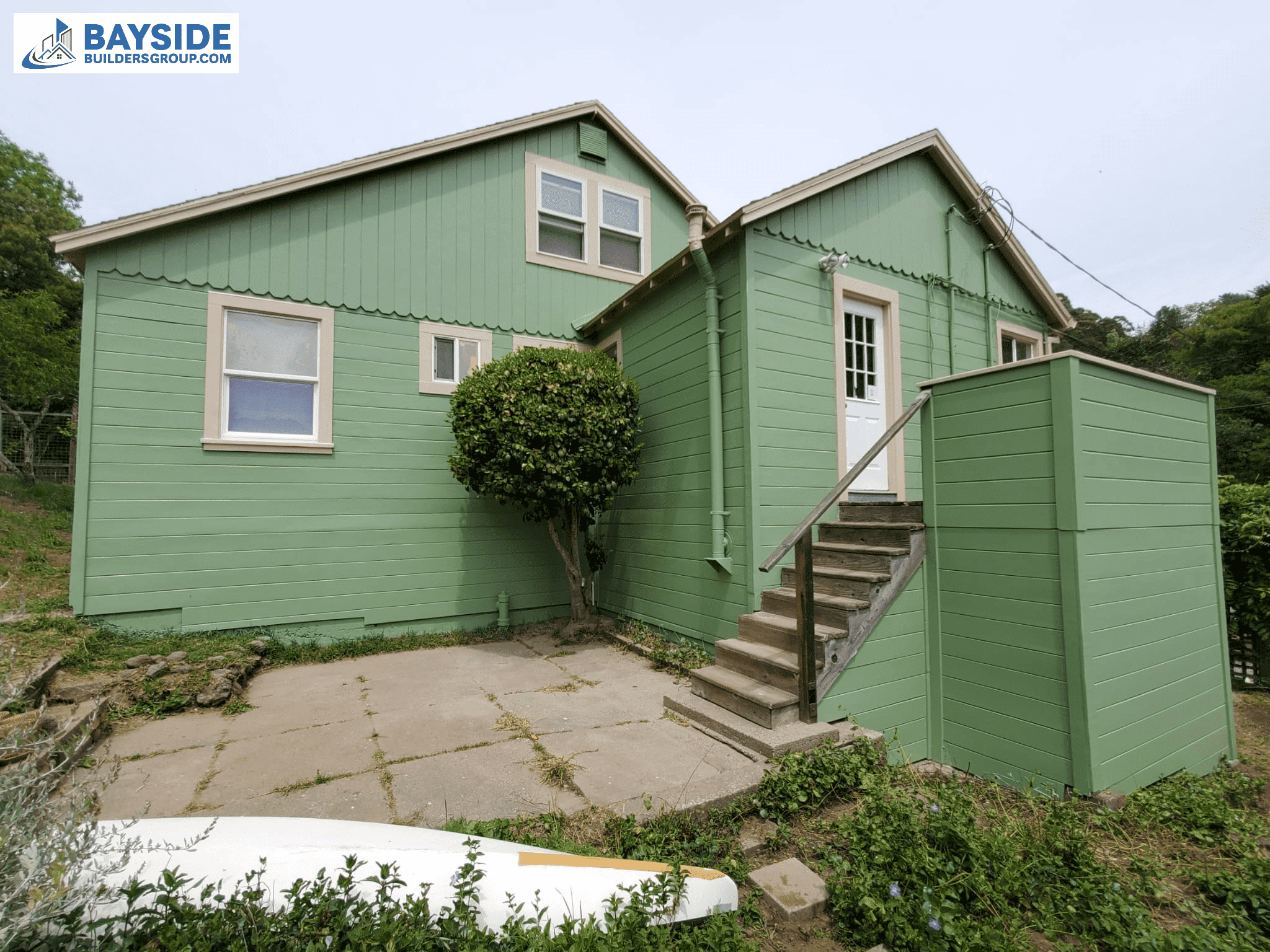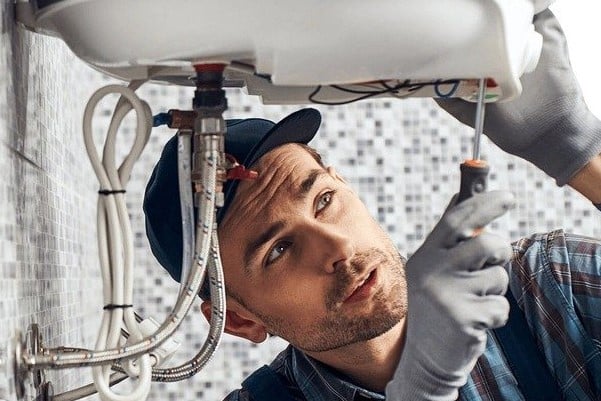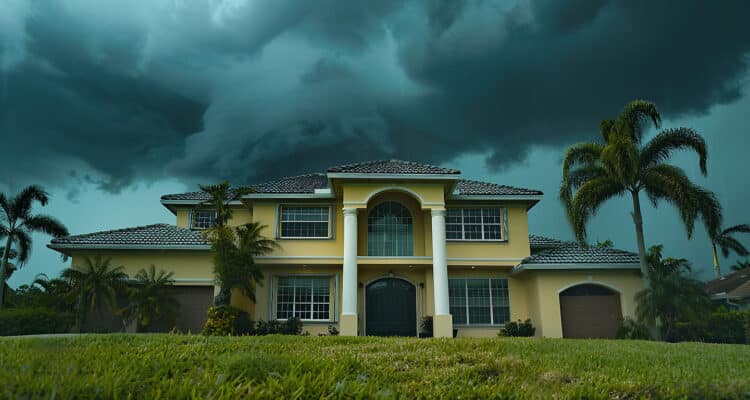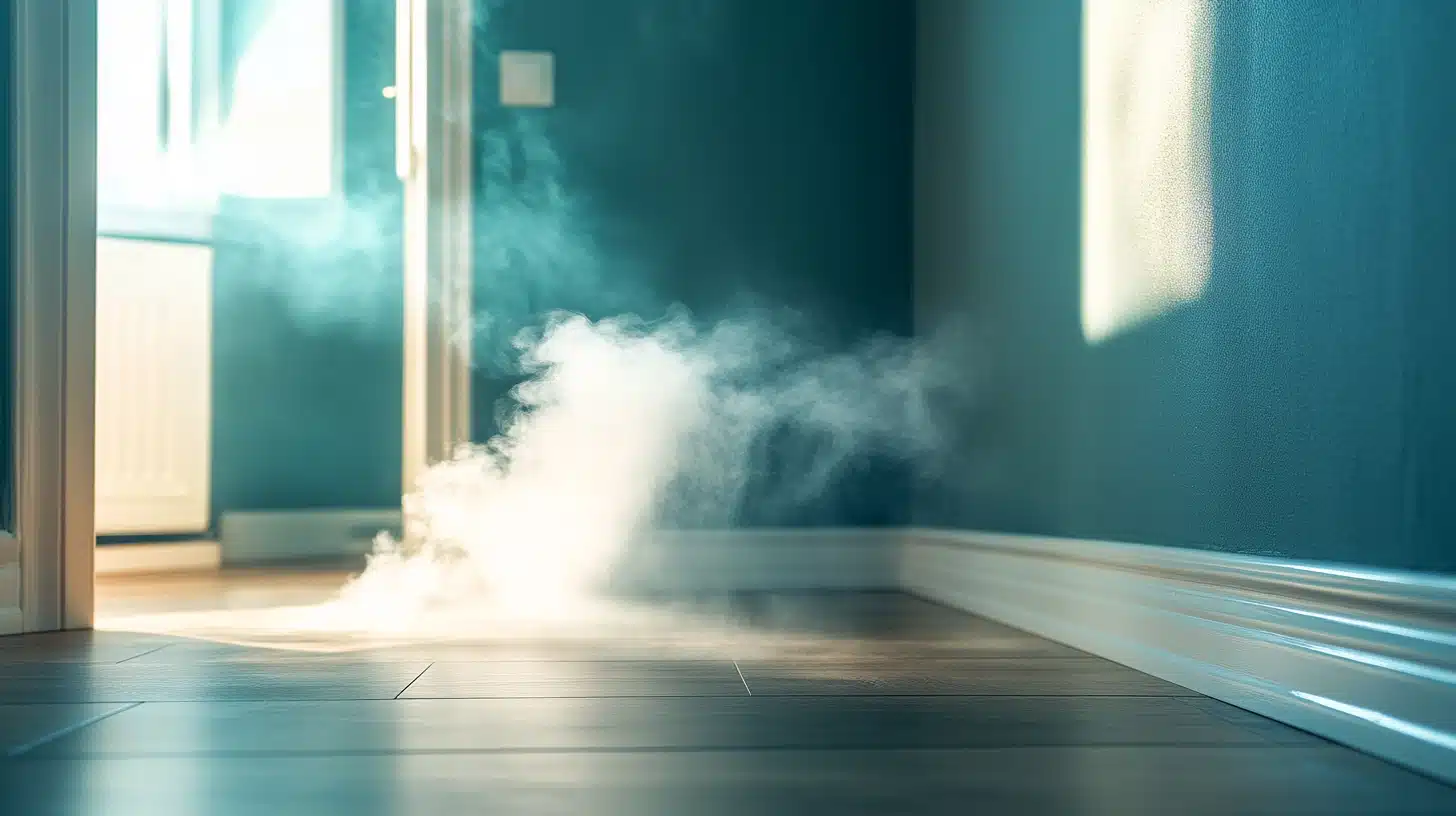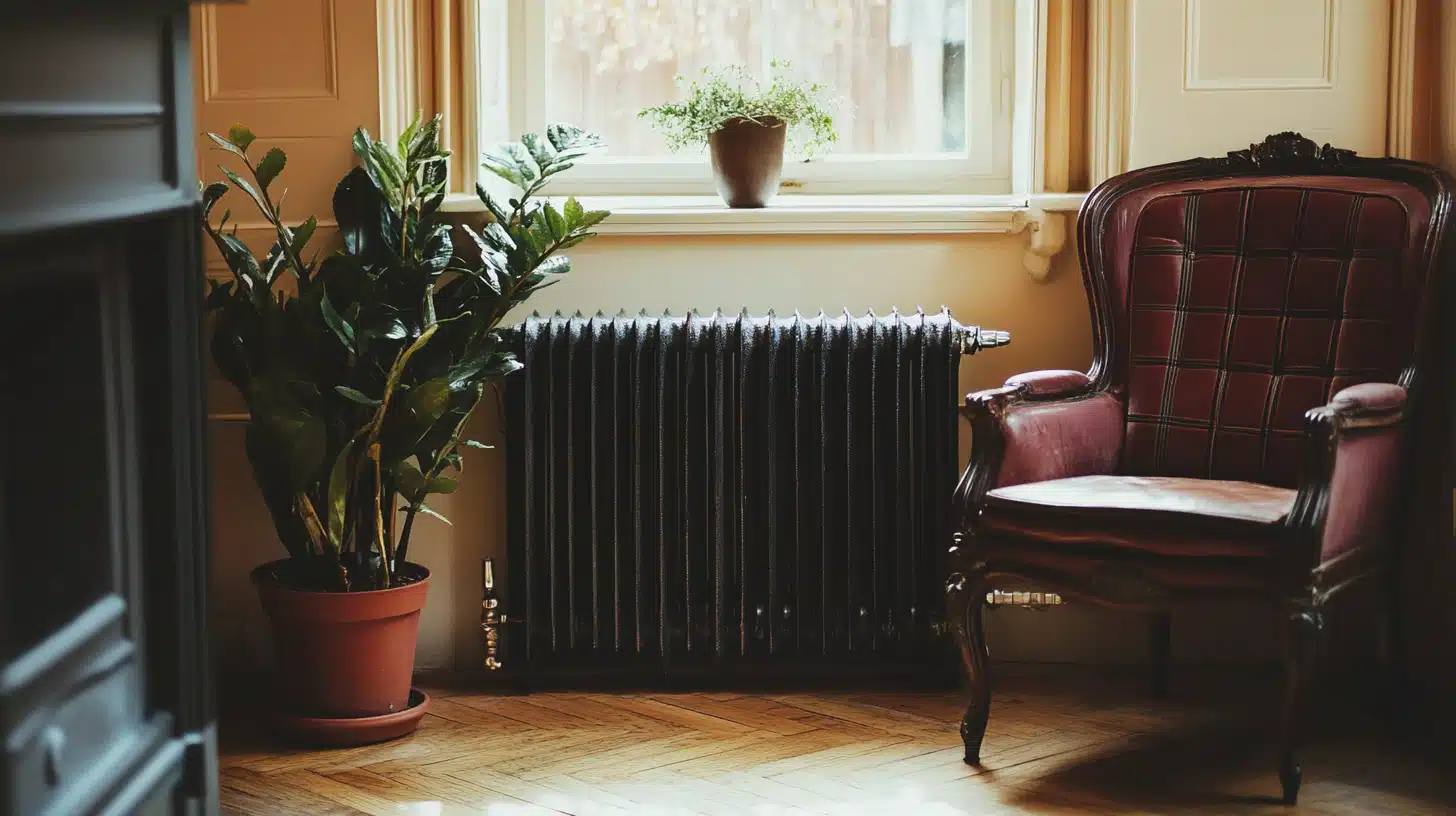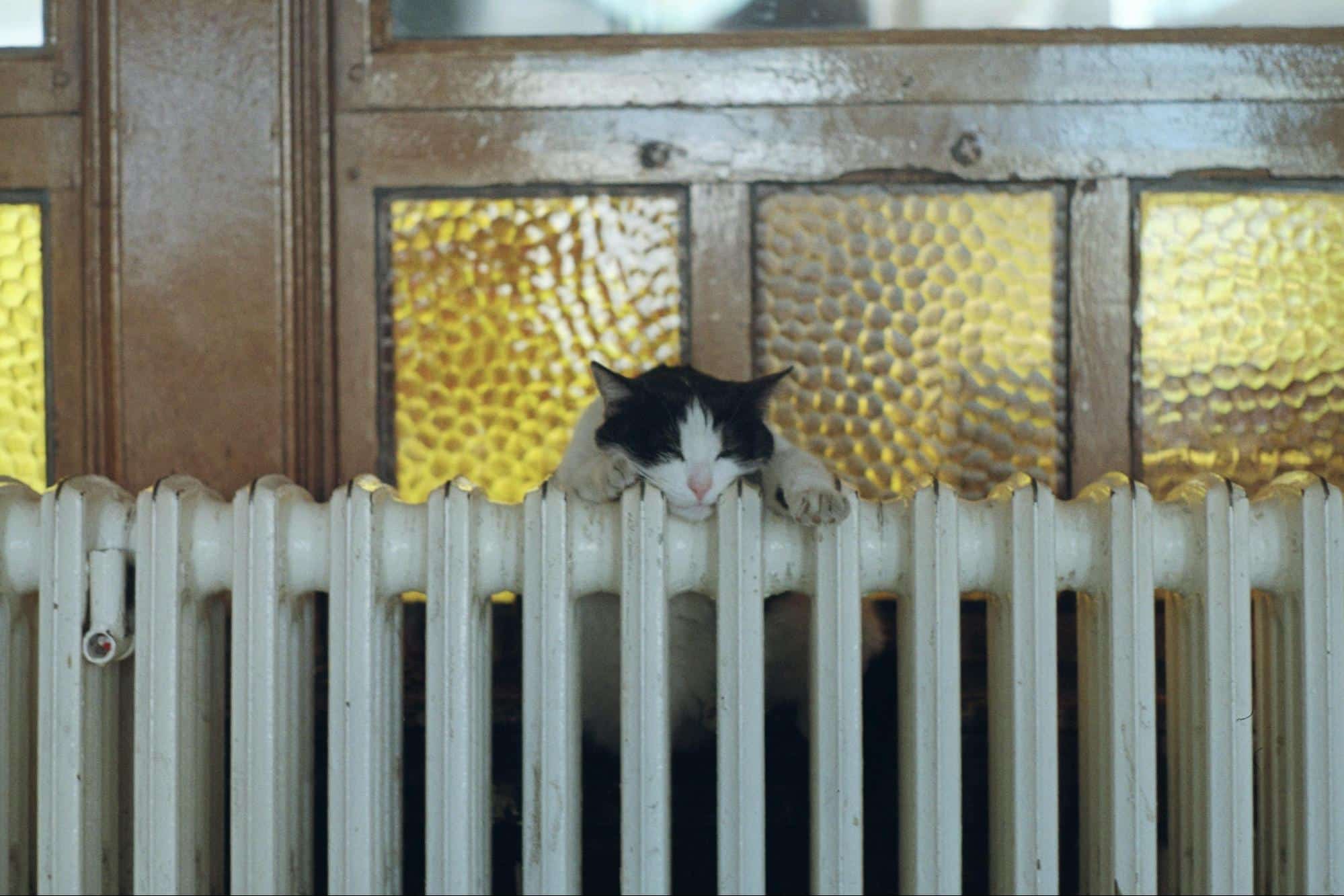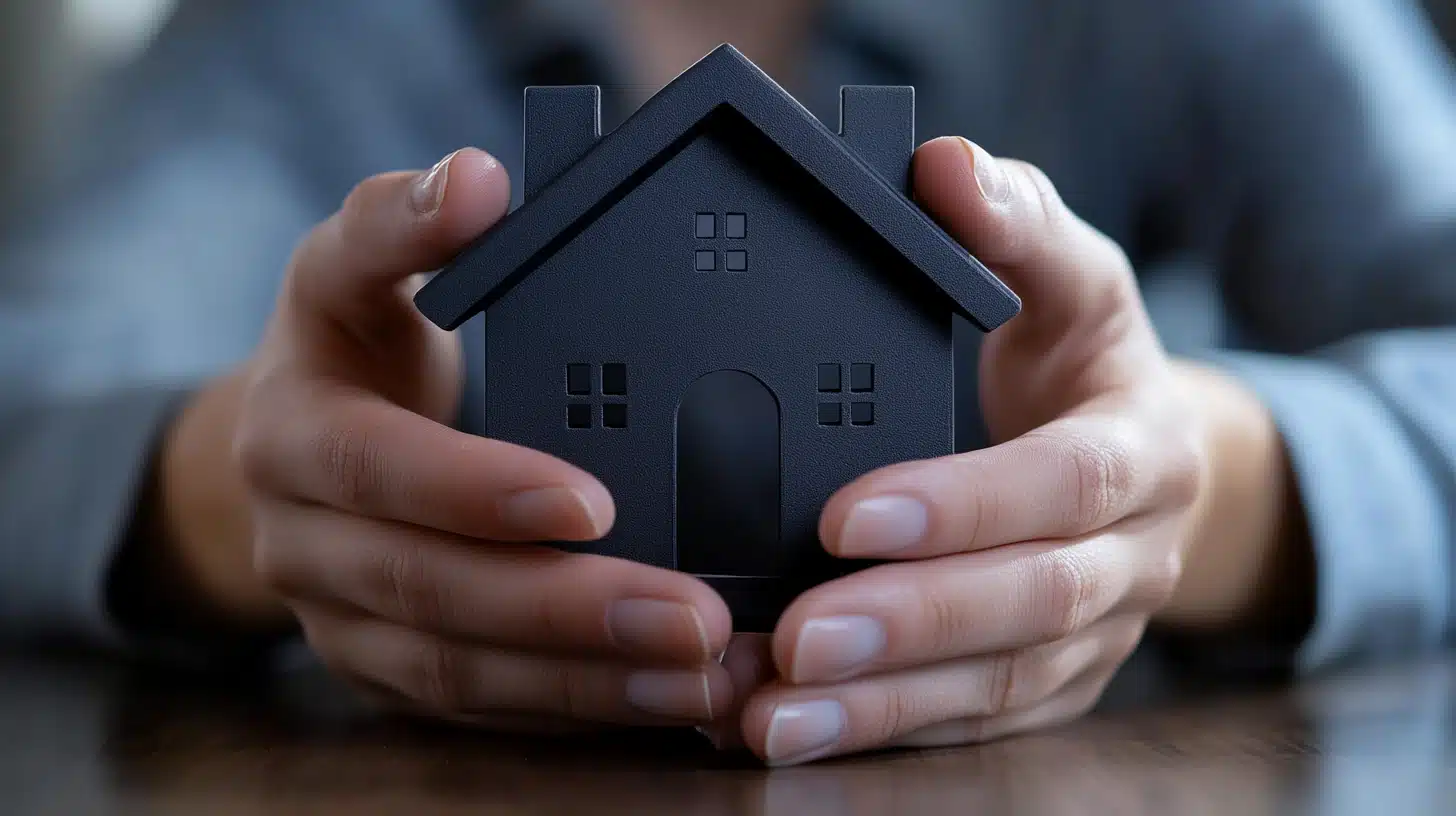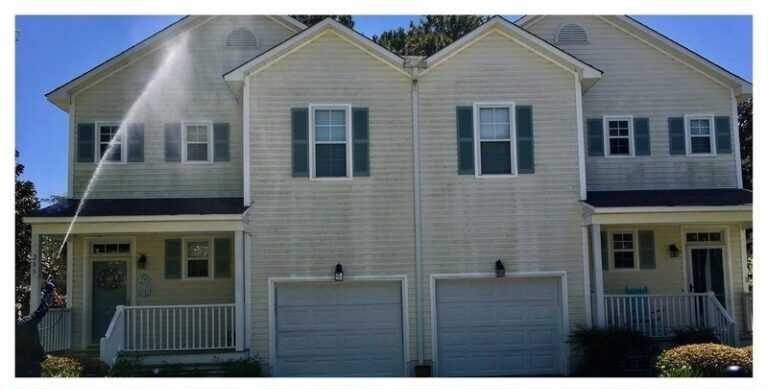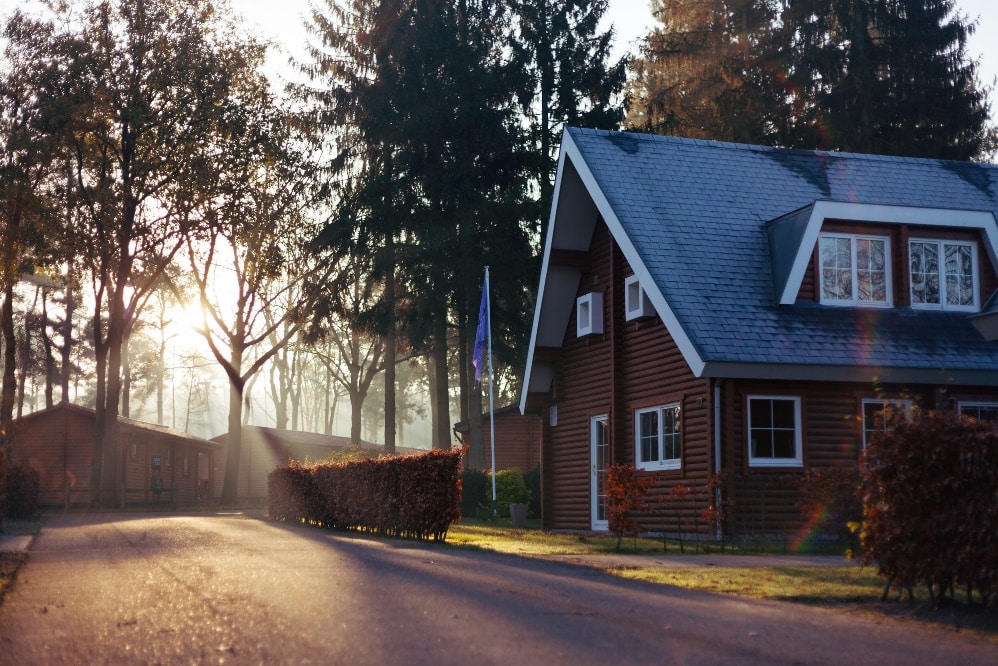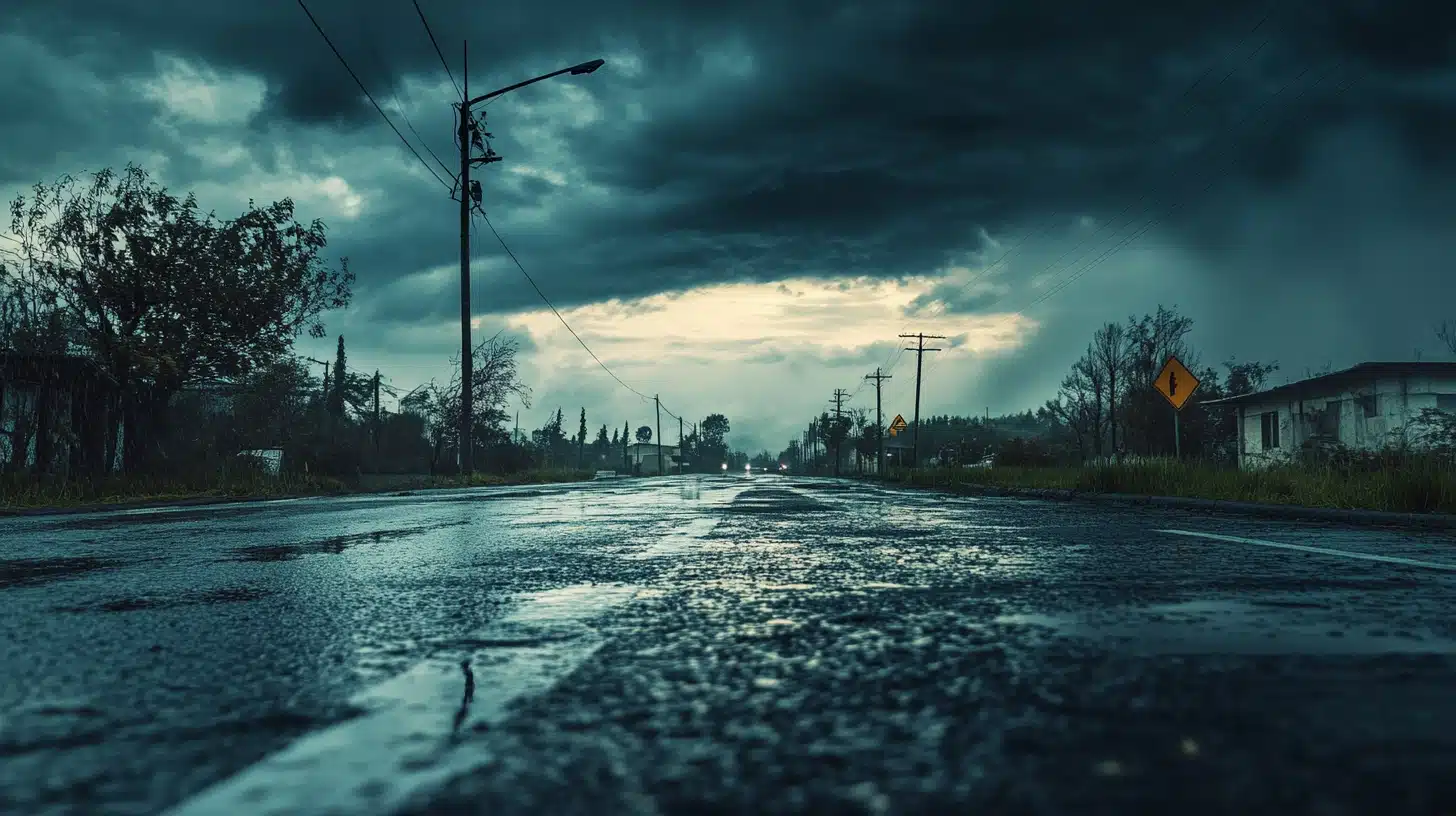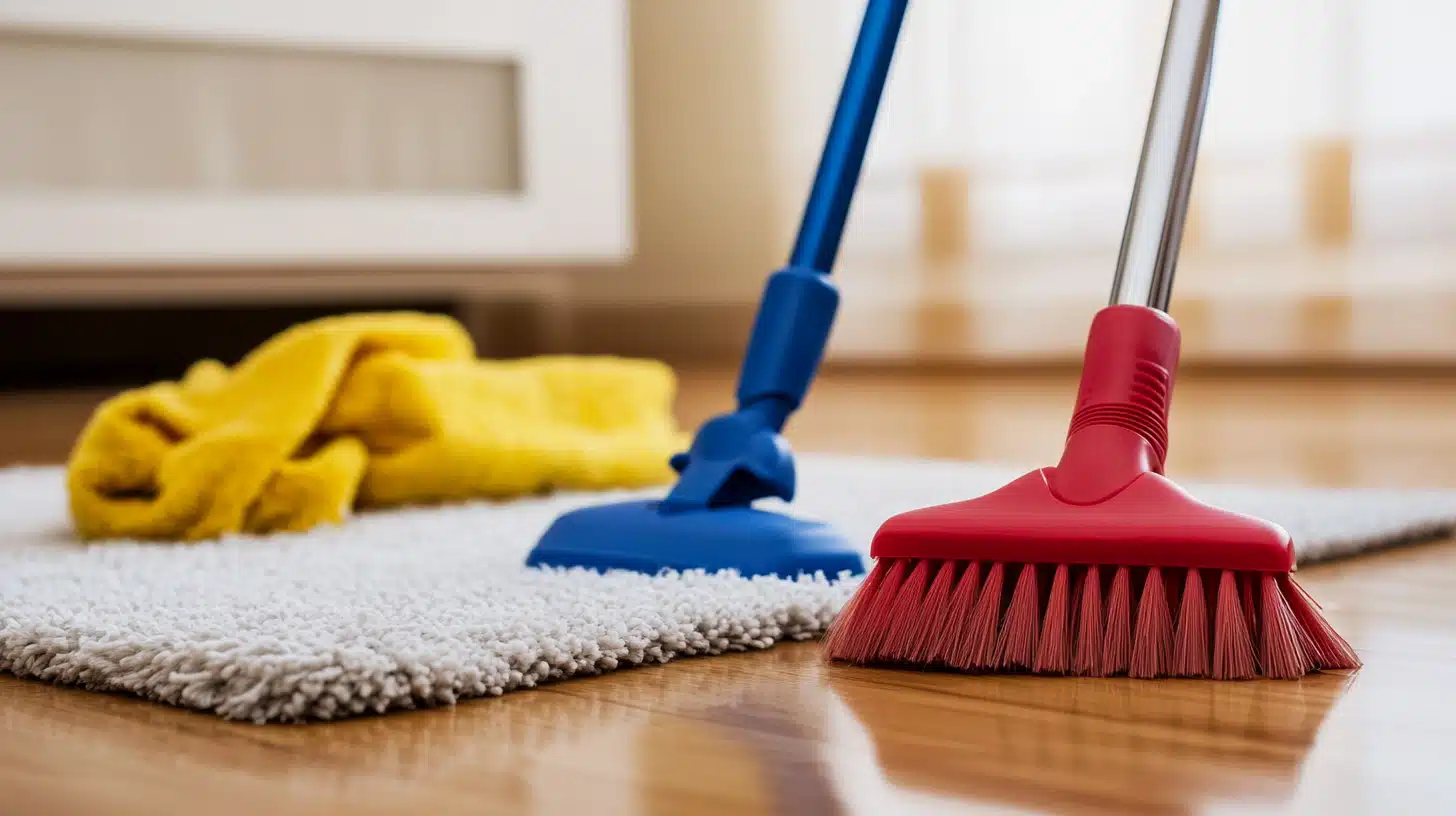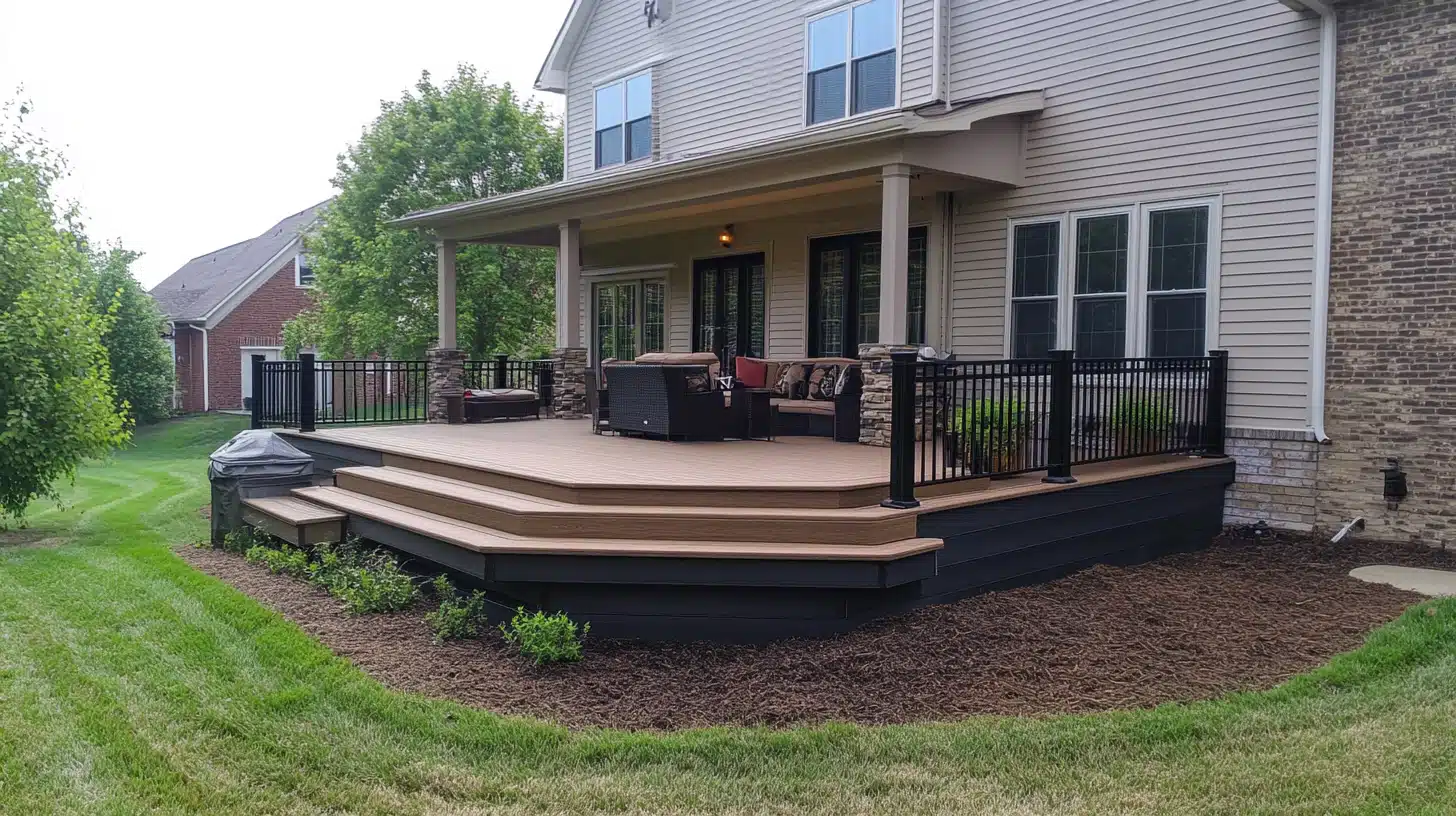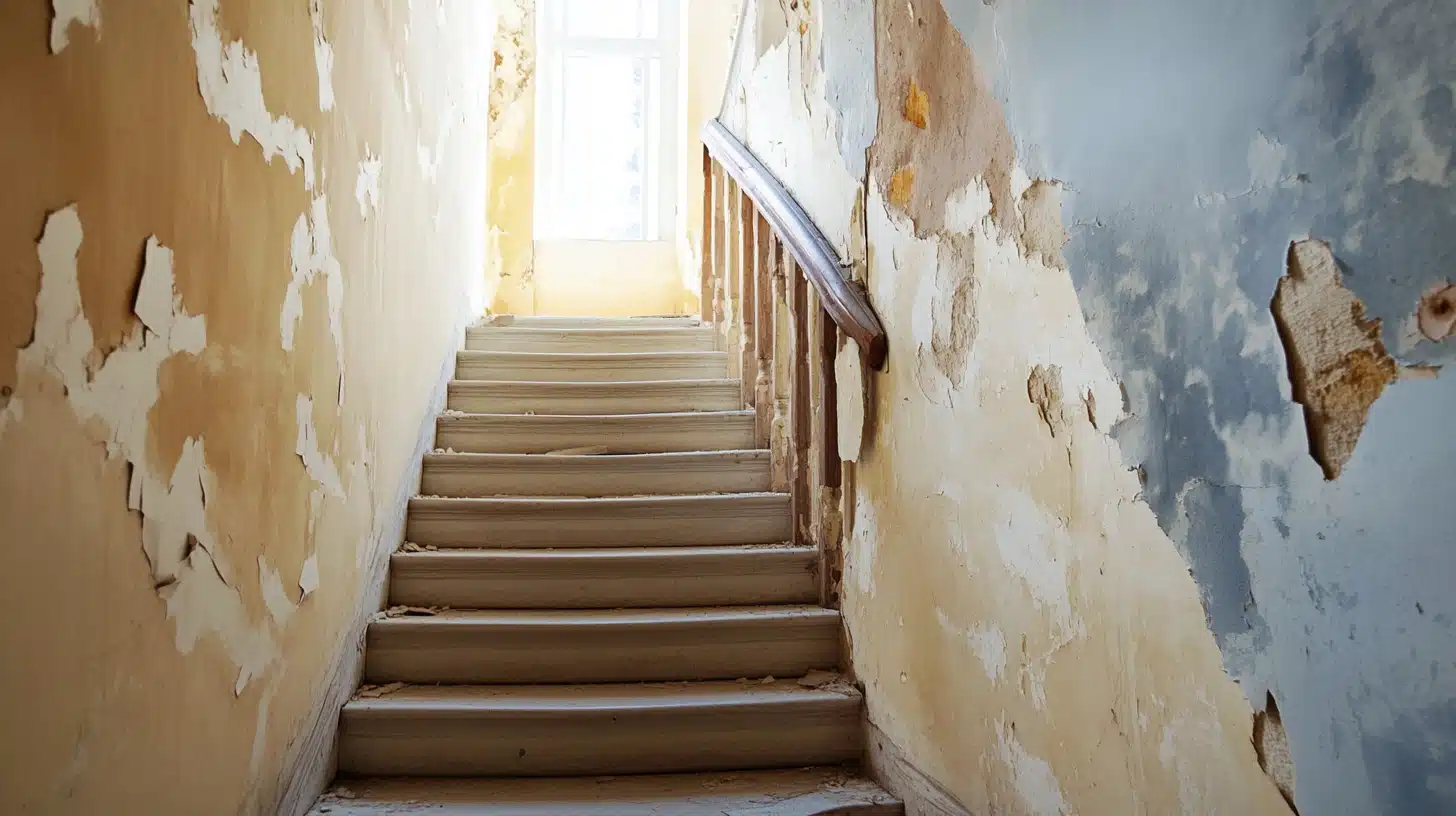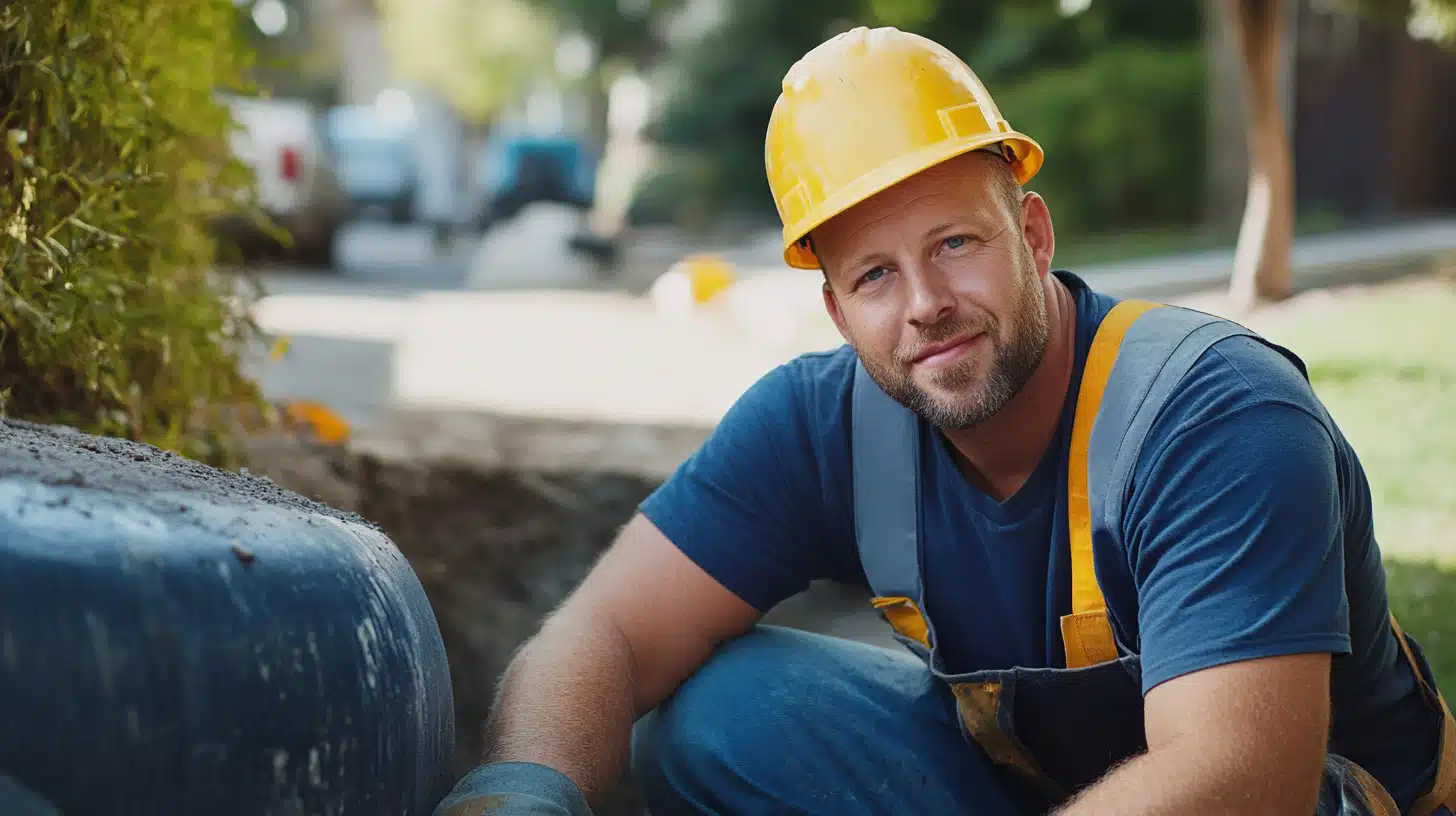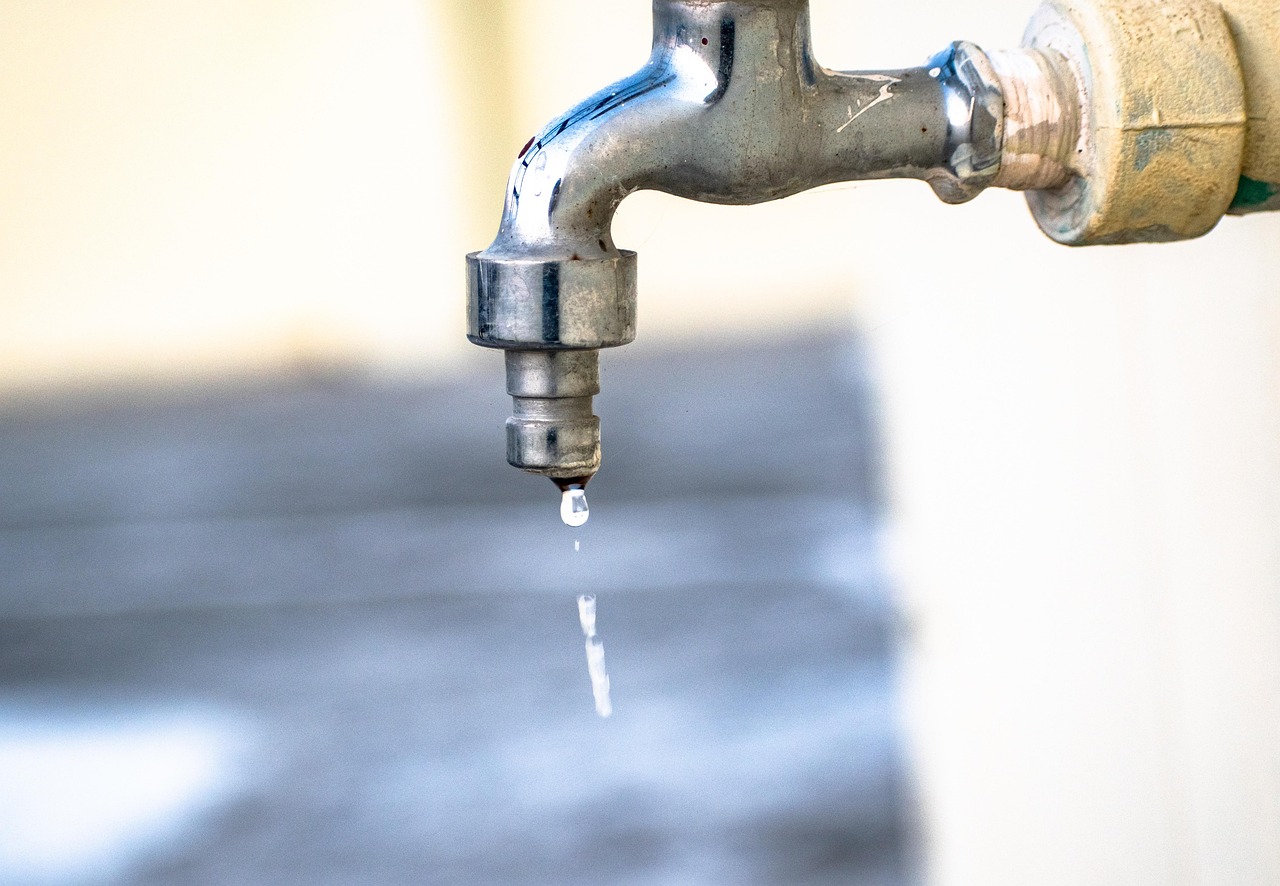
It starts as a drip. Quiet, steady, seemingly harmless. You tell yourself you’ll get to it later. But that “later” might cost you more than you bargained for. Small leaks don’t stay small. And pretending they’ll disappear on their own? That’s wishful thinking—and risky business for your home and wallet. Let’s break down why a little leak can create a whole lot of trouble.
Water Damage Doesn’t Wait
That slow drip under your sink? It’s not just an annoyance. Over time, even the smallest leak can soak into wood, drywall, and flooring. You might not see the damage at first. But it’s happening—silently, steadily.
Rot, mould, and warped materials are common outcomes. Once water gets into places it shouldn’t be, repairs become more invasive and expensive. Hence, it’s important for you to contact a reputed plumber in Hamilton or your residential area to fix this problem as soon as possible.
You’re not just fixing a leak anymore. You’re rebuilding sections of your home.
Mould Grows Fast
Mould doesn’t need much to thrive. A little moisture and a bit of warmth are enough to get it going. And once it starts, it spreads. Fast. Mould can begin to grow within 24 to 48 hours of water exposure. Left unchecked, it can spread behind walls, under floors, and through vents, becoming a health issue. Headaches. Allergies. Breathing problems. All from a leak you meant to fix “next weekend.”
Structural Damage Can Creep In
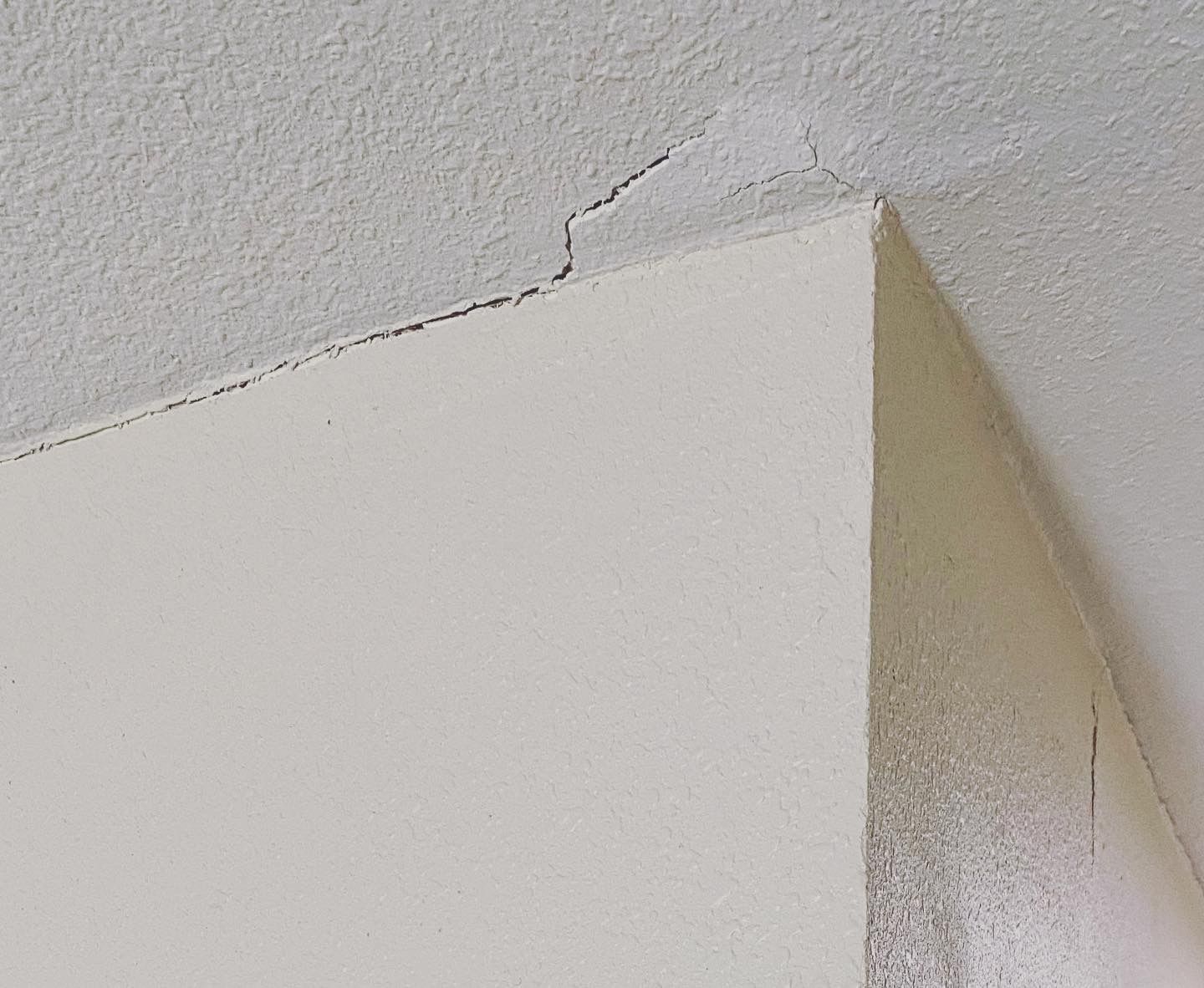
Water isn’t gentle. Over time, it can wear down wooden beams, and rust metal pipes, and weaken foundations. It seeps into cracks, expands them, and chips away at what holds your house together. What starts as a $10 washer replacement can lead to thousands in structural repairs. Worse, by the time it’s visible, the damage may already be extensive. Think of it like termites—but wet and sneaky.
Higher Water Bills, Lower Efficiency
A leak might not seem like a big deal if it’s slow. But those tiny drops add up. One drip per second equals over 3,000 gallons a year. That’s enough to fill a small swimming pool. Or inflate your water bill month after month. And if the leak is from a hot water pipe or appliance? You’re also paying to heat water you’re not even using. So, you’re losing money on two fronts—usage and utility.
Appliance and Fixture Breakdown
Leaks put pressure on other systems. Faucets, toilets, and dishwashers may overwork to compensate. Pipes stay under pressure. Seals wear down. Connections loosen. Eventually, parts start to fail. One leak turns into two, then three. Before long, your once-reliable plumbing looks like a patchwork of emergency fixes. It’s not just annoying. It’s inefficient and expensive.
Insurance Doesn’t Always Cover It
Now, here is the rub: a number of home protection or insurance strategies do not cover water damage/scenarios that arise from neglect. Failing to prove that a leak was promptly addressed may be grounds for the insurer to deny your claim. That means you are paying for these damages instead of potentially spending just $2 on a part and 15 minutes of your time. And if you rent, you could be liable to your landlord for damage if you do not report a problem in a timely fashion.
Pest Invitations
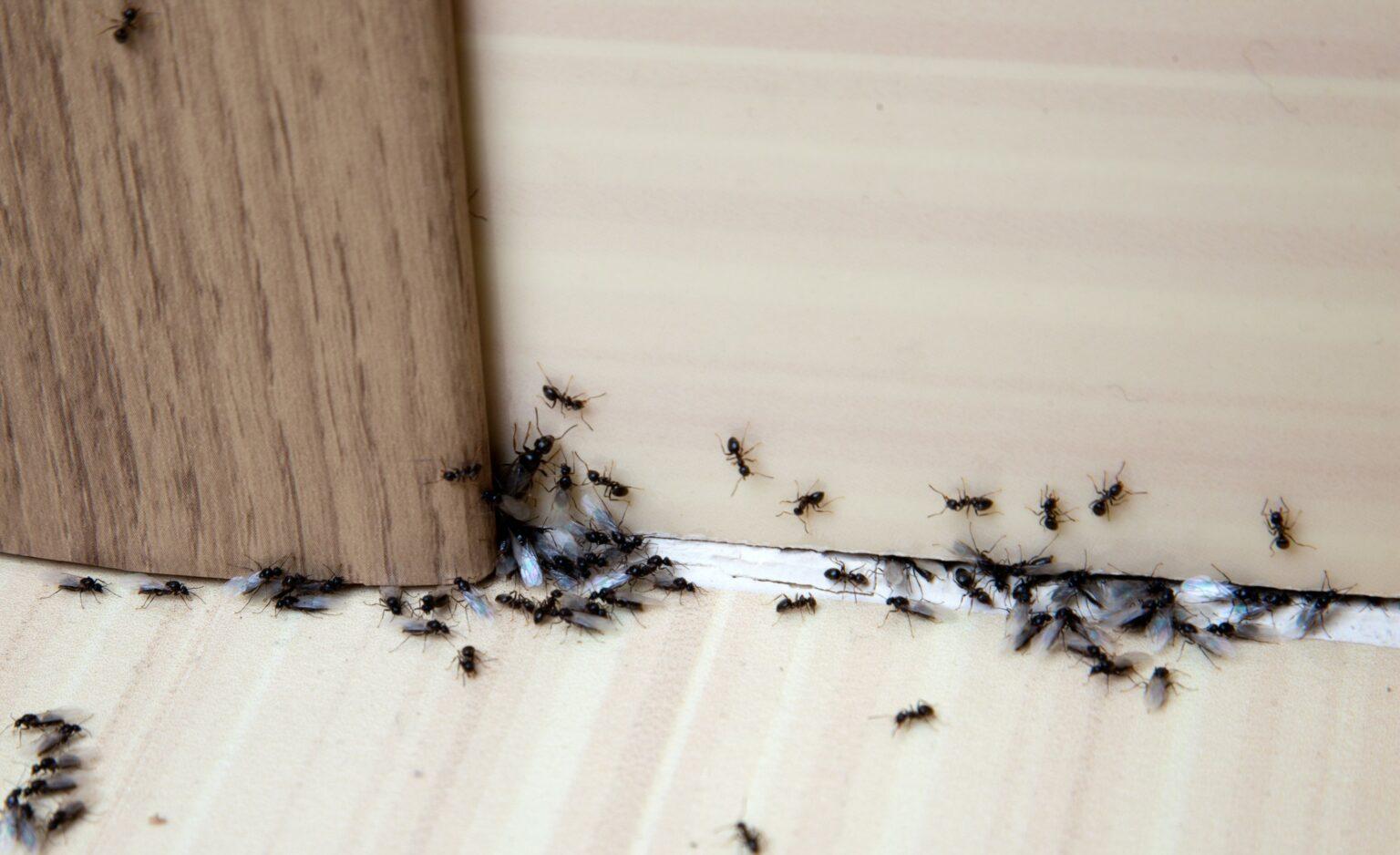
It turns out that water attracts more than mould. It also attracts pests such as cockroaches, ants and rodents, which are often hidden in dark places behind leaks.
These aren’t just your average guests who stop by and stay a while. They gnaw on wires, nest in insulation, and deposit health risks. Because of a leaking pipe beneath the sink or even a dripping pipe behind the clothes washer.
What You Can Do
The fix? Pay attention. Check under sinks. Listen for running toilets. Watch for unexplained stains or musty smells. If you spot a leak—no matter how small—act. Tighten connections. Replace worn washers. And if you’re unsure, call a plumber. Small steps now save big headaches later.
Final Thoughts
Ignoring a leak will not make it go away. It will just give it more time to spread, damage, and cost you. Catching it early isn’t just smart—it’s essential. Your home, health, and bank account will thank you. So, the next time you hear that tiny drip? Don’t wait. Fix it before it turns into a flood of problems.

